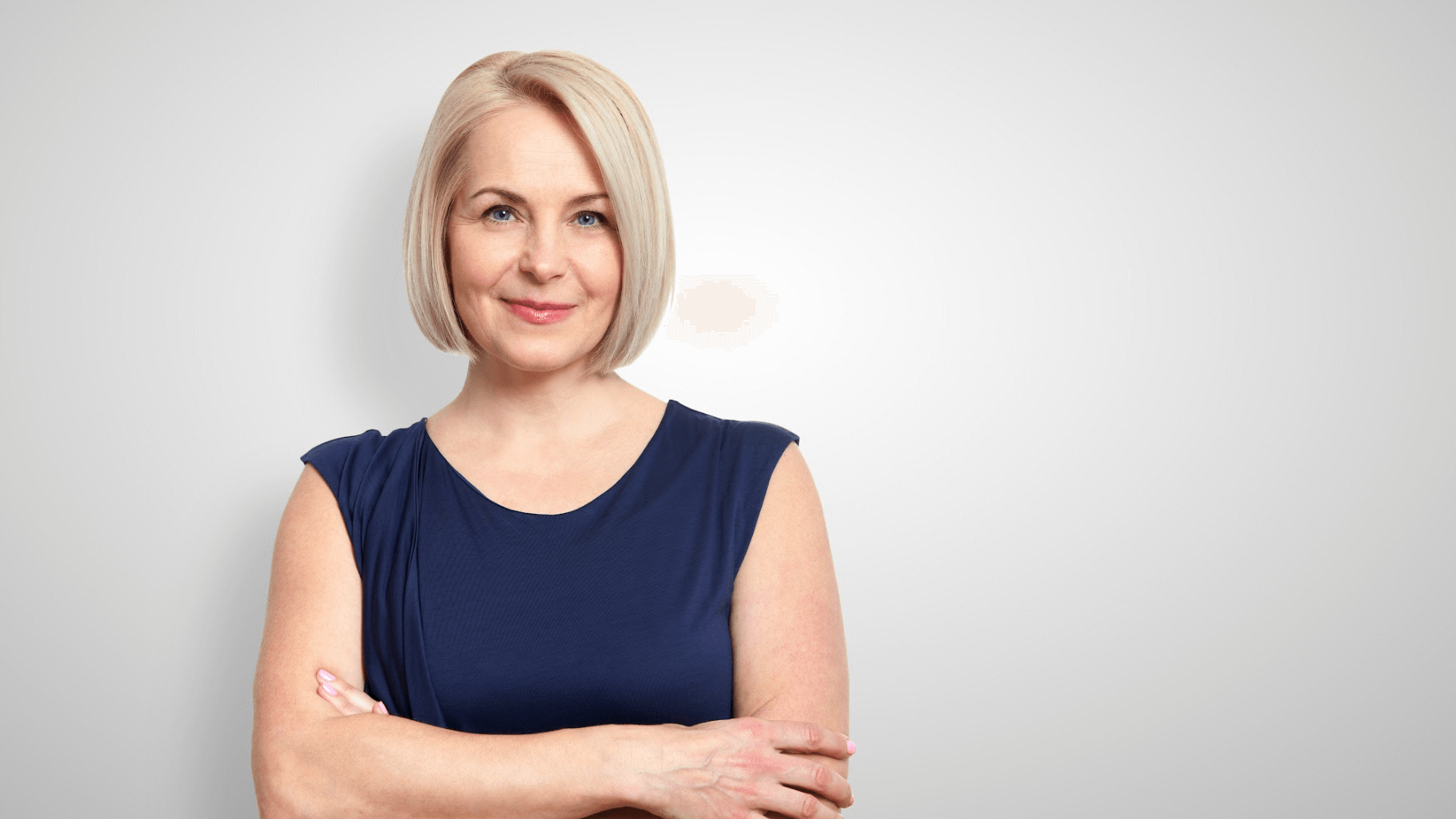How Do Age-Related Cataracts Affect Vision?
&srotate=0)
As we age, it's common for many to experience age-related cataracts. Cataracts can lead to blurry, dim, or distorted vision. As this condition progresses over time, it makes it harder to see clearly, especially at night or in bright light. As one of the leading causes of vision loss in older adults, cataracts can significantly interfere with daily tasks. At Clewner & Kelly Eye Center, we help patients regain clear, healthy vision with advanced cataract treatments. If you're beginning to notice signs of cataracts, contact our facility in Boca Raton, FL to schedule an exam.
What are cataracts?
Cataracts occur when the natural lens of the eye becomes cloudy over time. This happens as proteins in the lens break down and clump together, which interferes with how light enters the eye. As a result, vision becomes blurry, dim, or distorted. Oftentimes, cataracts develop with age, which is why they're often referred to as "age-related cataracts."
What age do cataracts start?
Cataracts typically start developing when people are between 40 – 50, though they may not cause noticeable symptoms at first. This early stage is often subtle, with mild changes to vision that may go unnoticed. By the time you reach your 60s or 70s, cataracts usually become more prominent, making it harder to see clearly. However, everyone's eyes are different, and some people may develop cataracts earlier or later depending on factors like lifestyle, genetics, and overall eye health.
How do cataracts affect your vision?
At first, cataracts may cause only mild symptoms, but as they progress, you may notice changes such as:
- Blurry or foggy vision
- Difficulty seeing clearly at night or in low light
- Halos or glare around lights
- Faded or yellowed colors
- Increased sensitivity to bright light
These symptoms make it harder to complete daily tasks, which is when many people begin to explore treatment options. If you're struggling with clouded vision, cataract surgery can help you enjoy clearer, sharper eyesight.
Who is most likely to develop cataracts?
While age is the most common cause of cataracts, lifestyle and medical conditions can also play a role. Key risk factors include:
- Long-term UV exposure
- Smoking and alcohol use
- Diabetes or other health conditions
- A family history of cataracts
Routine eye exams are vital for detecting cataracts early. If you're concerned about your vision, our team in Boca Raton, FL can evaluate your eyes and determine if cataracts are the cause.
What is the average age for cataract surgery?
Most people undergo cataract surgery in their 60s or 70s. However, the timing varies depending on the severity of vision loss. If cataracts are interfering with your daily life, surgery is often the best solution possible to restore your vision. During cataract surgery, the cloudy lens is replaced with a clear, artificial lens, which significantly improves vision.
At Clewner & Kelly Eye Center, we use advanced techniques to ensure the procedure is safe, effective, and tailored to your needs. Our goal is to help you enjoy clear vision after cataracts.
Take the next step toward clearer vision
If you've noticed changes in your eyesight or are concerned about age-related cataracts, the team at Clewner & Kelly Eye Center is ready to help. Whether you're experiencing cloudy vision or wondering about the right time for cataract surgery, we provide personalized care to help restore your sight. Contact us in Boca Raton, FL today to schedule an eye exam and take the first step toward seeing clearly again.